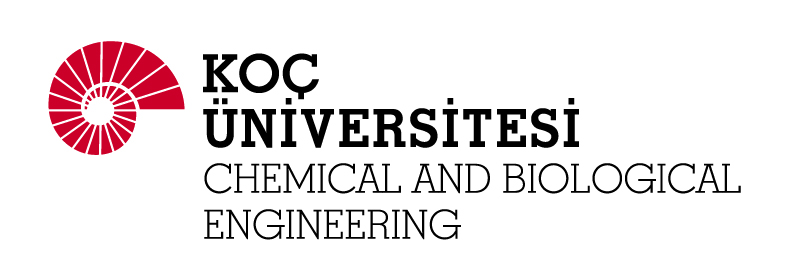CHEMICAL AND BIOLOGICAL ENGINEERING MS THESIS DEFENSE BY SU MEYRA TATAR
Title: Design of Integrated Renewable Energy Systems under uncertainty towards Green Deal in Turkish Energy Market
Speaker: Su Meyra Tatar
Time: August 5, 2022, 10:00
Place: Online Meeting via Zoom
https://kocun.zoom.us/j/94958179348
Meeting ID: 949 5817 9348
Passcode: 522705
Thesis Committee Members:
Assist. Prof. Erdal Aydın (Advisor, Koç University)
Prof. Metin Türkay (Koç University)
Assoc. Prof. Burak Alakent (Boğaziçi University)
Abstract:
Today, we are in a situation where we observe the effects of global warming extremely. That is why the regulations regarding the Paris Agreement are planned to be adapted as soon as possible to keep the global temperature rise within 2 0C. In that sense, it is crucial to implement the transition from non-renewable energy resources to renewable ones. Additionally, integrating renewable energy-based equipment and adopting new ways of producing energy resources, for example, Power to Gas technology, becomes essential because of the current environmental concerns. Additionally, it is vital to supply the growing energy demand with the increasing population. However, all the parameters above regarding the electricity demand, carbon tax policies, and intermittency of renewable energy-based equipment have uncertain nature, which needs to be taken into account. Hence, a multi-period two-stage stochastic MILP model is formulated to meet one-third of the power and heat demand of a certain location in Turkey, where the wind speed, solar irradiance, temperature, power demand, carbon emission trading (CET) price, and CO2 emission limit are considered as uncertain parameters in this study. Three case studies with scenarios that include the different combinations of the aforementioned uncertain parameters are investigated to observe the effect of these uncertain parameters. This model finds one single optimal design for the energy grid while considering several scenarios regarding uncertainties simultaneously. In the optimal results, more renewable energy-based equipment with higher rated power values is chosen from Case 1 to Case 3.c. Cases 2 and 3 investigate the optimality of PtG technology, which is not optimal for the specific location due to wind and solar profiles. Additionally, implementing the CO2 emission limit as an uncertain parameter instead of including CET price as an uncertain parameter result in lower annual CO2 emission rates and higher net present cost value. This work also includes the results of the deterministic MILP model with a higher candidate pool. In the deterministic results, it is observed that photovoltaic, oil co-generator, reciprocating ICE, micro turbine, and bio-gasifier are the equipment that is commonly chosen under the three different scenarios. Deterministic results also show that concepts such as green hydrogen and power-to-gas are currently not preferable for the investigated location.
